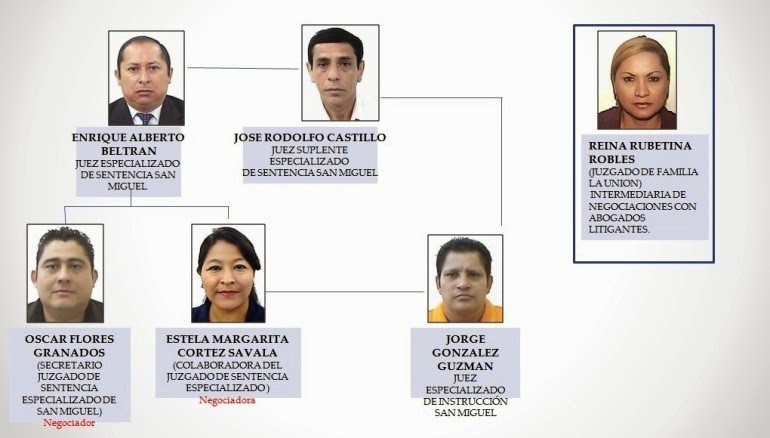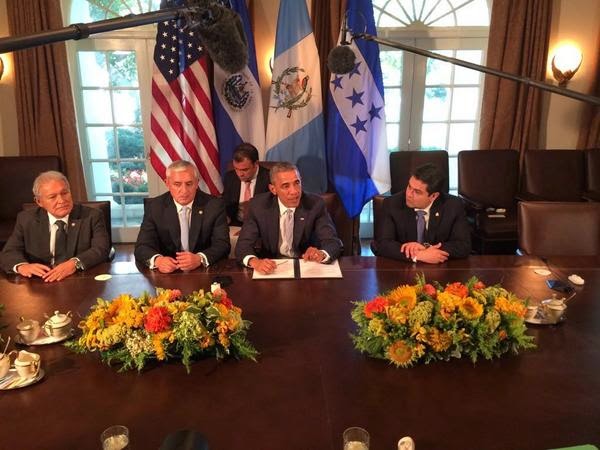Migration statistics for El Salvador
William Pleitez, chief economist of the UN Development Program in El Salvador recently presented these statistics : During the past three decades, the country has lost a fourth of its population. In the 1970s, 290,000 Salvadorans emigrated. In the 1980s, 540,000 Salvadorans emigrated. In the 1990s, 630,000 Salvadorans emigrated. Since 2000, migration rates are 60,000 per year. 60% of those who left were young adults between the ages of 16 and 30 30% of graduates from Salvadoran universities have emigrated.


